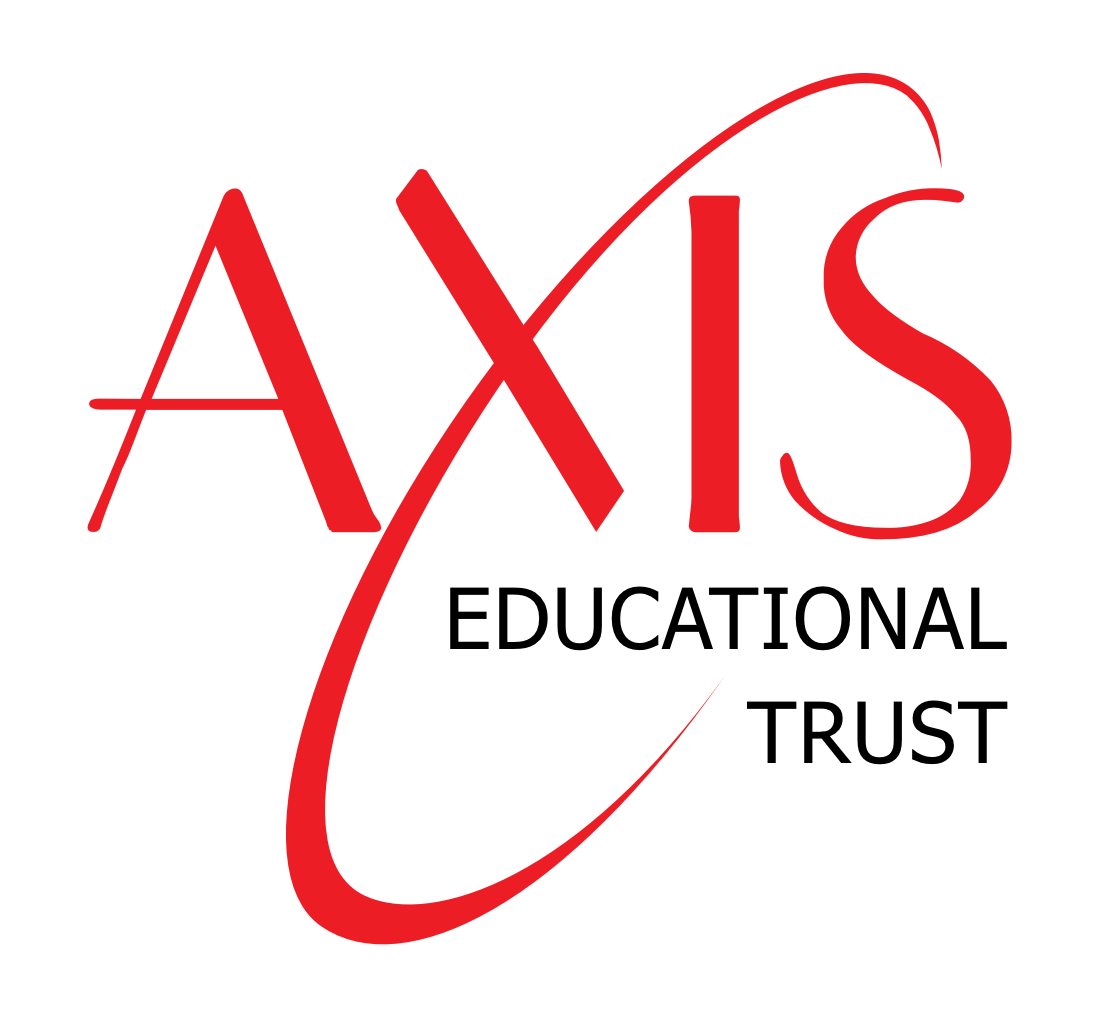Whistleblowing Policy
Purpose of the Policy
This policy reflects the requirement within the Public Interest Disclosure Act 1998 (The ‘Act‘), which provides protection to individuals who disclose, in good faith, information about alleged wrongdoing at work, providing:
The information is disclosed in good faith.
They reasonably believe that the information, and any allegation contained in it to
be substantially true.
The worker does not act maliciously or make false allegations.
The worker does not act for personal gain.
The ‘Act’ protects disclosures of information relating to one or more of the following:
a criminal offence
the breach of a legal obligation
a miscarriage of justice
a danger to the health or safety of any individual
damage to the environment;
or deliberate covering up of information tending to show any of the above five matters.
This policy additionally reflects the requirements of the Code of Fundraising Practice held by the Fundraising Regulator with regard to raising concerns about Axis’s fundraising practices.
Policy Definition
Axis is committed to the highest standards of openness, probity and accountability. In line with that commitment, Axis has implemented this policy to cover the genuine concerns that a trustee, member of staff or volunteer may have about suspected wrongdoing within the charity.
In demonstrating this commitment Axis encourages its trustees, members of staff and volunteers who have serious concerns about any wrongdoing within the charity to come forward and express their concerns.
This policy is primarily for concerns where the interests of others or those of the charity itself are at risk, including concerns relating to Axis’s fundraising practices. Any trustee, member of staff or volunteer who raises concerns in good faith can do so on a confidential basis without fear of reprisal or victimisation.
Scope
This policy applies to Axis trustees, staff and volunteers.
Principles
Axis will ensure that a trustee, member of staff or volunteer who raises issues of wrongdoing in good faith, and who does so lawfully and without malice, is not subject to disciplinary sanctions, victimisation, or other penalties for doing so.
Axis will not tolerate the harassment or victimisation of anyone raising a genuine concern and any such harassment or victimisation of an individual for raising a qualified concern will be a disciplinary offence.
Axis recognises that a trustee, member of staff or volunteer may want to raise a concern in confidence under this policy, and the identity of the person raising the concern will not be disclosed without their consent. However, in situations where concerns cannot be resolved without revealing the trustee’s, staff member’s or volunteer’s identity (for instance because their evidence is needed in court) this will be discussed with the person raising the concern and a decision reached on how and whether Axis can proceed.
If misconduct is discovered as a result of any investigation under this procedure, Axis disciplinary procedure will be used, in addition to any appropriate external measures. Maliciously making a false allegation is a disciplinary offence.
Axis recognises that a trustee, member of staff or volunteer may in exceptional circumstances decide to raise concerns with an appropriate external body such as the Charity Commission or the Fundraising Regulator as the case may be and depending on the nature of the concern. Axis will work honestly and openly with any such external body to resolve the concern.
Procedure
Stage-1
Stage-2
If the individual raising the matter is concerned that the Chief Executive Officer is involved in the wrongdoing, has failed to make a proper investigation or has failed to report the outcome of the investigations to the relevant person, the individual who raised the concern should escalate the matter to the chair of the board of
trustees. The chair will arrange for a review of the investigation to be carried out, make any necessary enquiries and make their own report to the board.
Stage-3
If on conclusion of stages 1 and 2, the individual who raised the concern reasonably believes that the appropriate action has not been taken, the individual should report the matter to the relevant body, which may include the Charity Commission, the Fundraising Regulator or any other relevant body.
Review of Effectiveness
The Chief Executive Officer will:
Regularly review this policy and seek feedback form trustees, staff and volunteers as to effectiveness of the policy.
The Chief Executive and Senior Management Team will:
Implement and communicate the procedures on whistleblowing.
Create a culture that reflects the values and professional standards of Axis.
Ensure that trustees, staff and volunteers understand that Axis will not tolerate
harassment or victimisation and will ensure that support is in place if an individual
raises an issue.
Ensure line managers understand how to handle whistleblowing situations
through formal training and coaching.
